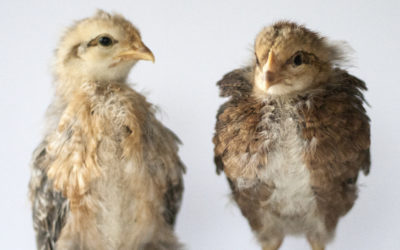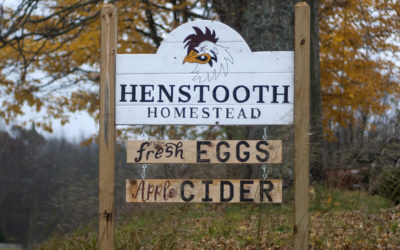Egg Labels Explained
cage-free, free-range, vegetarian fed, pasture raisedAnd so, our newest revelation on eggs has brought you this blog post. Because everyone deserves the opportunity to know what they’re eating and then determine their own reasons for why.
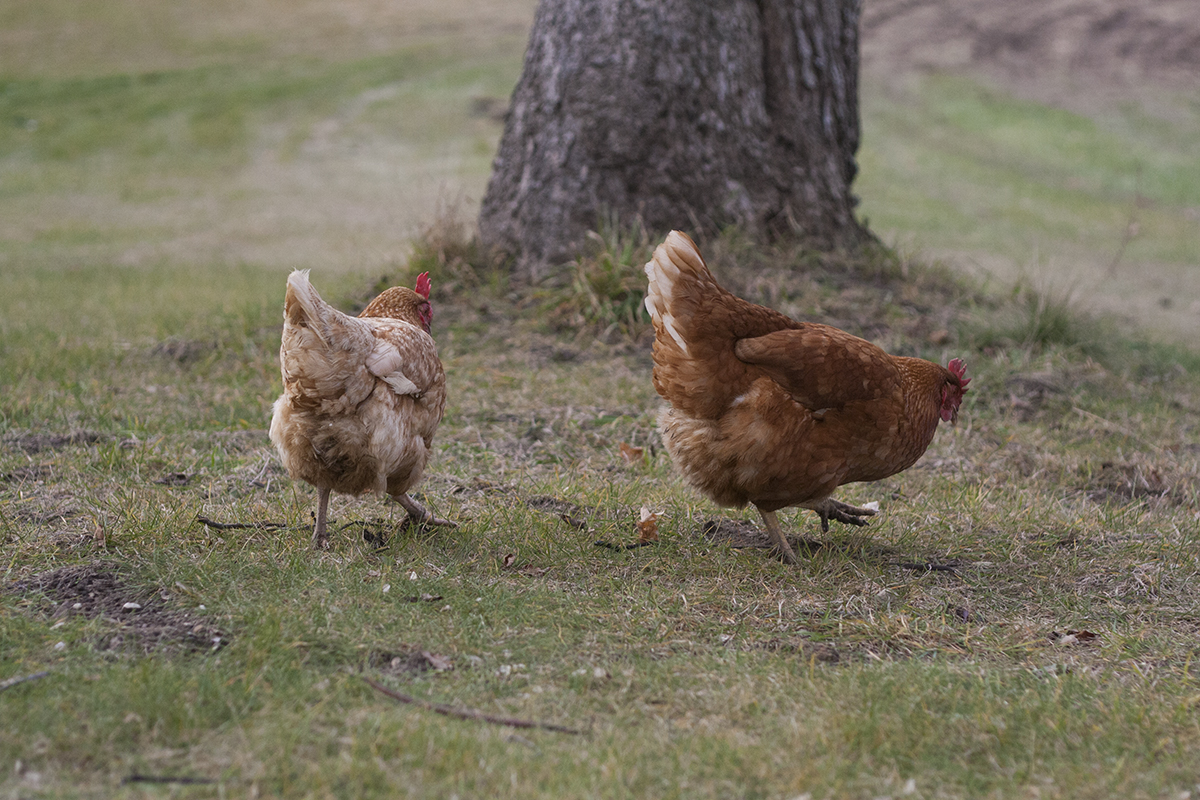
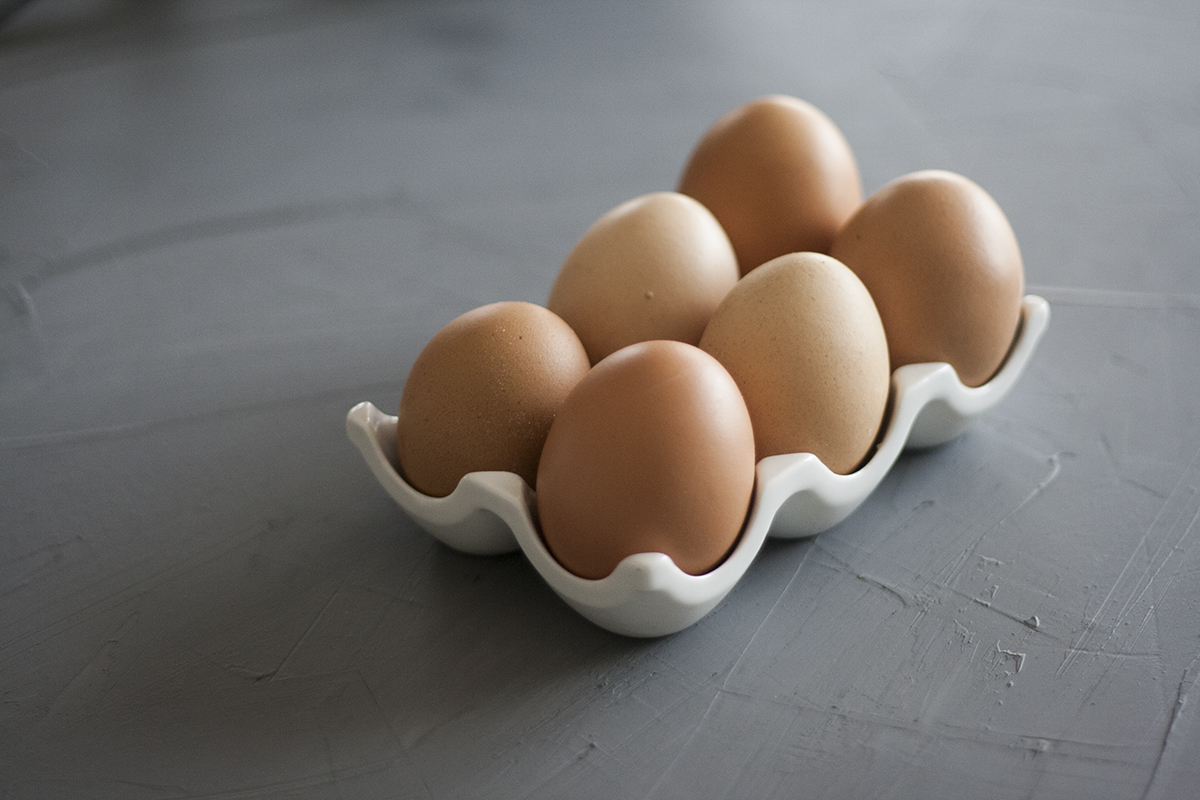
Most think of the inhumane cages stacked on cages when they read the label cage free, and are propelled to buy them. By USDA terms, cage free must be produced by hens housed in a building or room that allows for unlimited access to food, water and the freedom to roam.
I’ll let you create your own definition of cage, but for us there’s not really a difference between a metal cage and an enclosed room.
Free Range
This one is fun. The USDA defines free range as having unlimited access to food and water, and continuous access to the outdoors. Read carefully as they switch from “unlimited” to “continuous”, which means there has to be a door but the door doesn’t have to be open. Their outdoor space can also be fenced and/or covered.
Sooo you’re telling us they’re “free” to range in a confined area, got it.
Organic
Did you know you can represent your eggs as organic without being certified as long as you make a certain annual dollar amount. With organic certification comes a whole onslaught of different regulations, but basically they have to be fed an organic diet without antibiotics.
Pretty standard stuff to see here folks.
Vegetarian Fed
Chickens by nature are not strictly vegetarians. Chickens at their own free will, eat bugs, worms, eggs, and are some of the best mice hunters we’ve seen. Personally we feel like this term came directly from big producers who must maintain documentation that states no animal byproducts were used to feed or water their flock, if they are to use this verbiage on their packaging. That means you can’t feed your chicken feathers, organs or blood, just a heaping spoonfuls of genetically modified corn or grain.
Sounds to us like we’re trading one evil for another, but only because the cover word of vegetarian is more acceptable than byproduct.
Pasture Raised
Is not a term regulated by the USDA when it comes to chickens and/or eggs. Strange considering this tends to be the most natural way to raise chickens. While there’s no textbook definition to go by, it’s generally agreed upon that these chickens are free to roam the pasture, eating a natural diet supplemented by feed.
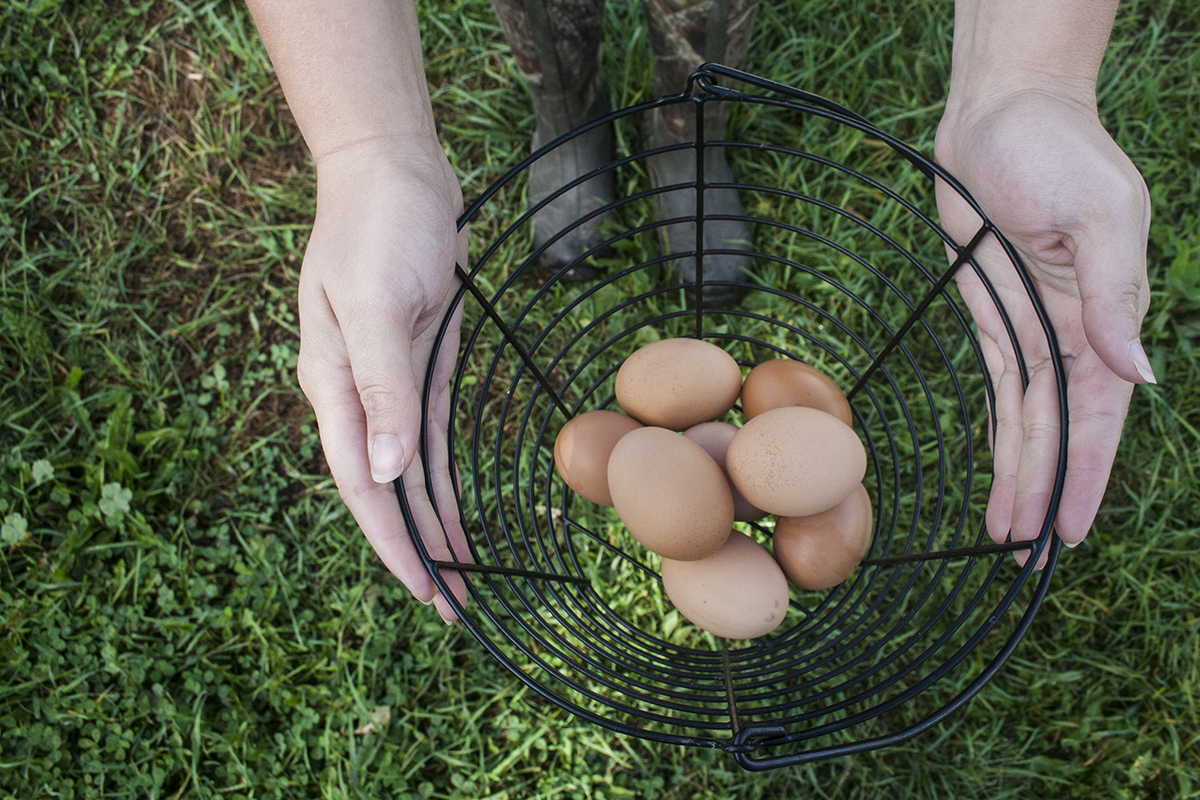
Henstooth Homestead Eggs
We’re not saying what’s wrong or right, just our humble opinion on what we prefer. Read our post, research the facts, make up your own mind, and we’ll support you for that, regardless of where you source your eggs.
For those of you who are interested, our chickens (for eggs and meat) would be considered pasture raised. They are never confined to a specific area, not even a run, and freely roam our entire property and sometimes that of our neighbors. We highly encourage them to forage on their own, eating a natural diet of whatever they can find that day (bugs, worms, berries, greens) and only supplement feed in the evening. Oh, and the occasional mealworm treat. They willingly return to their coop each night to roost and are enclose, only to protect them from predators. Bright and early each morning the door opens so they can return to running the yard. We’d prefer it that way, and they seem to be happy with the terms.
You can’t always believe what you read, unless you see it firsthand. We found the USDA definitions reflected here, and you’re always more than welcome to stop by and see the Henstooth Homestead pastured chickens running rampant for yourself.
So what can you do? Buy local. Farmers market and road side stands are the best places to find farm fresh eggs. Take a drive, find a sign at the end of a driveway and knock on the door. You won’t regret it.
Recently Published
Water Glassing Egg Preservation
Looking to preserve your eggs for use thorughout the winter season? Water Glassing Eggs will keep your fresh eggs for up to 1 year!
Spring Chickens
The countdown to Spring is well underway for farmers, homesteaders and all those anticipating a new batch of chicks! If you’re new to raising baby chicks, most choose to purchase them in the Spring when temperatures begin to rise. This period makes brooding easiest...
A Letter To Our Homestead – 2018
Dear Homestead, Reflecting on 2018 is an arduous task. Our word of the year was coined early on as Mornicopia. It’s that weird place between mourning and coping -- you can read more about that here. In fact, I contemplated not writing our year end post, but it’s only...


